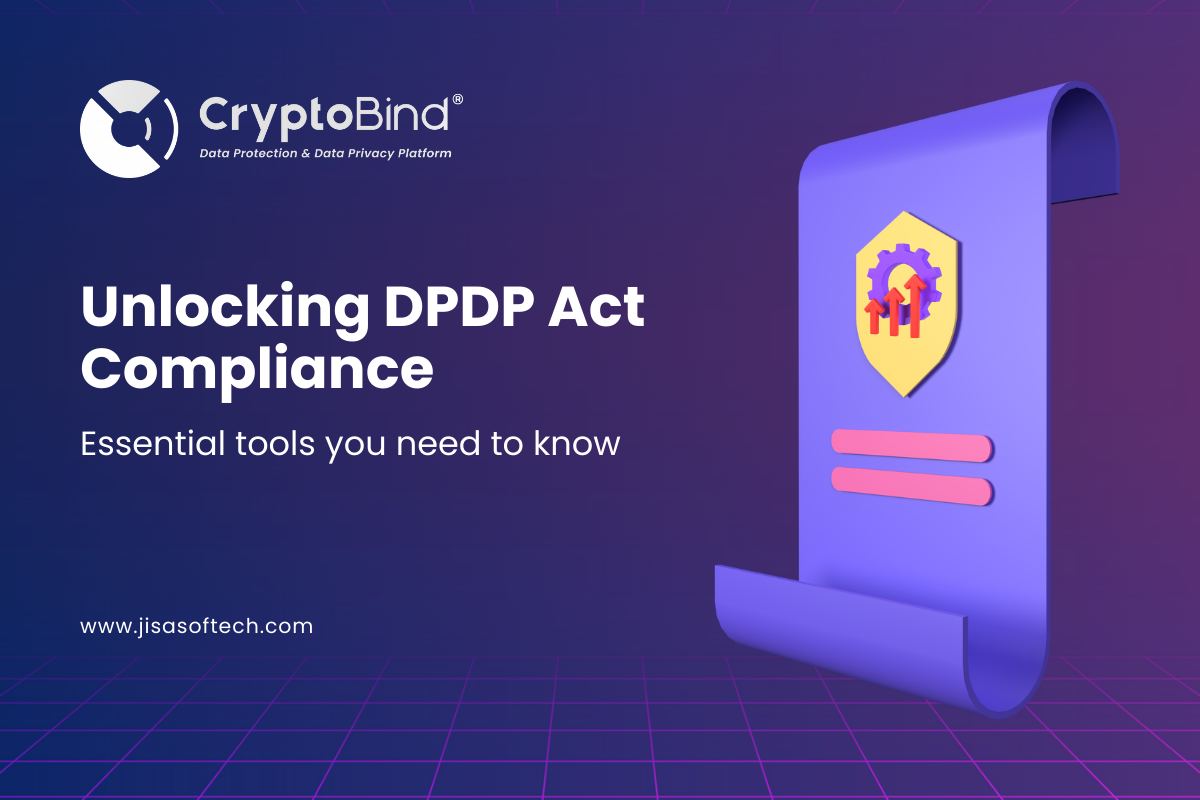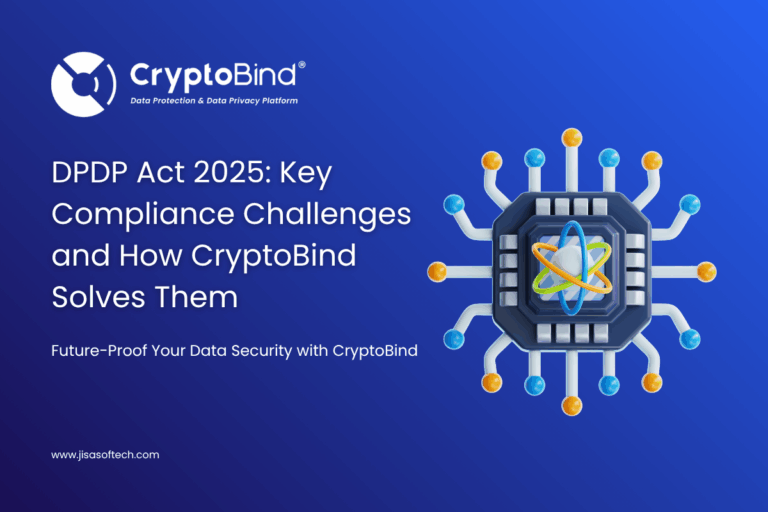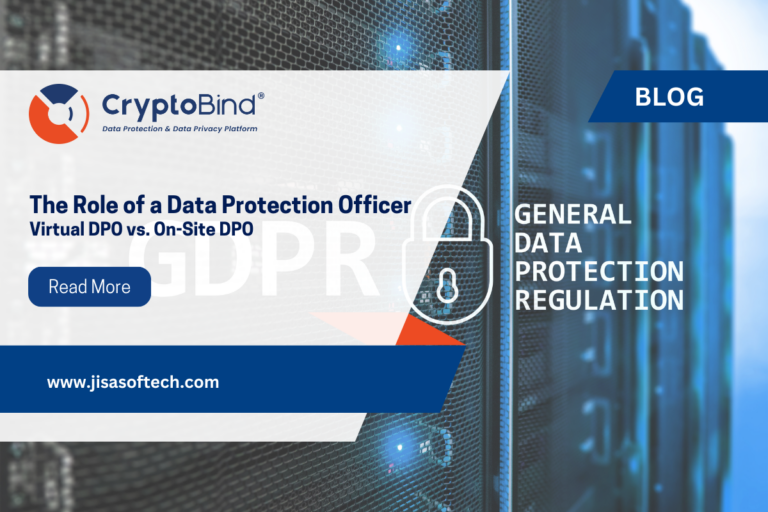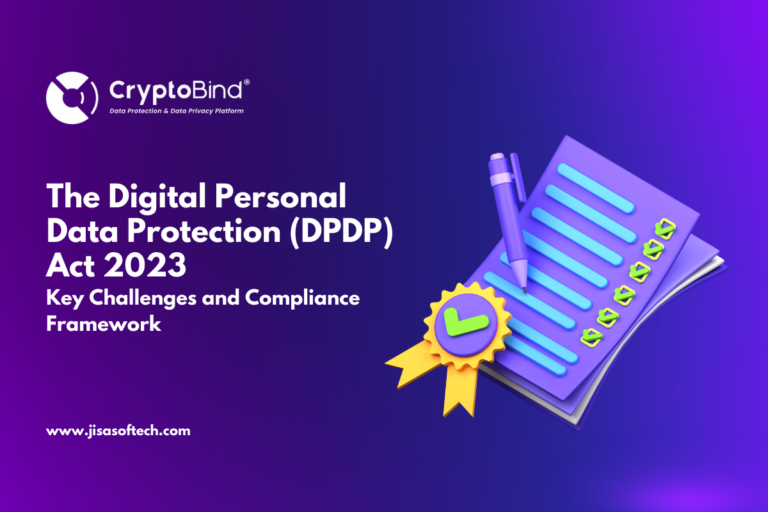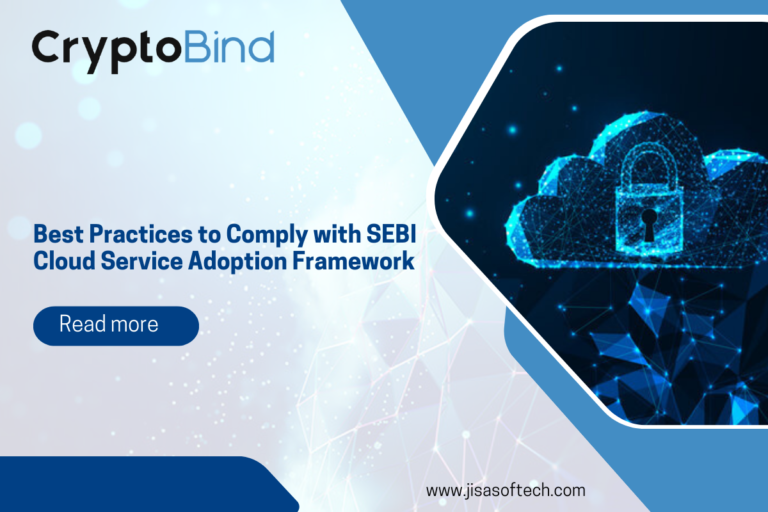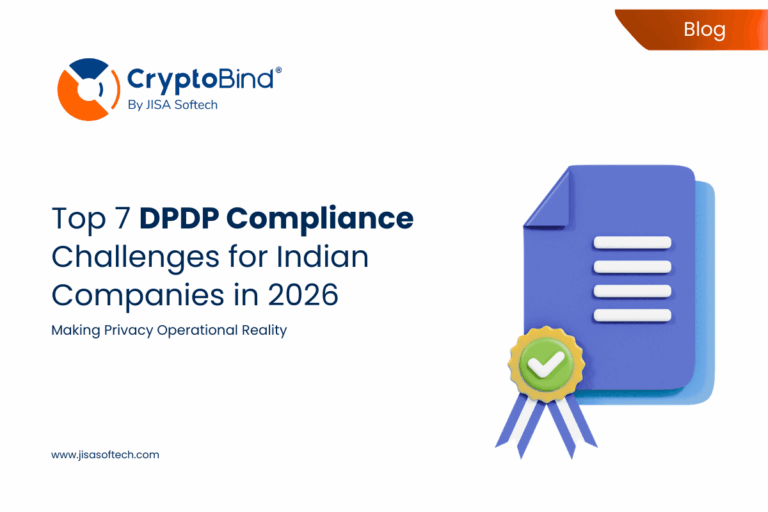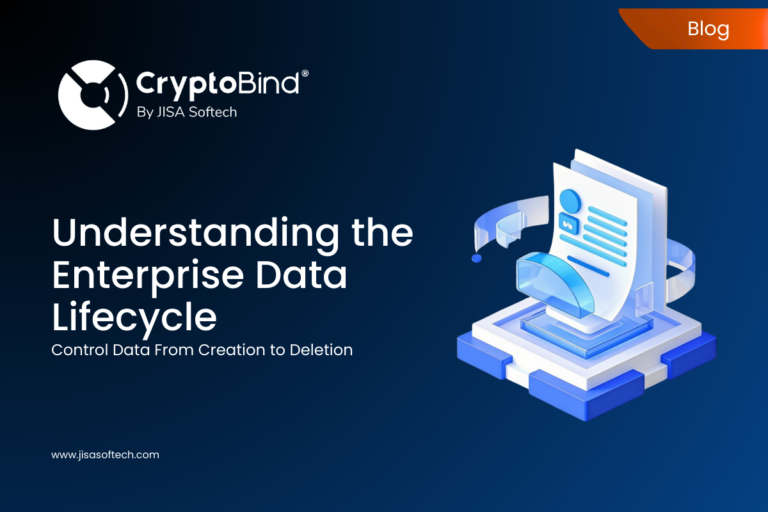Unlocking DPDP Act Compliance: Essential Tools You Need to Know
With the increasing digitalization of personal data and the rise of stringent data privacy regulations worldwide, organizations are under immense pressure to ensure compliance. In India, the Digital Personal Data Protection Act (DPDPA) sets a new benchmark for processing, storing, and securing personal data. The act emphasizes individual rights, making it crucial for businesses to adopt a robust DPDP compliance framework.
However, compliance is not just about ticking regulatory checkboxes—it’s about fostering trust, ensuring transparency, and protecting data from breaches. So, what essential tools should organizations invest in to navigate the DPDP Act effectively? In this blog, we’ll explore must-have solutions that can help businesses seamlessly integrate DPDP compliance into their operations.
Key Objectives of the DPDP Act
- Safeguard personal data while allowing legitimate business operations.
- Mandate user consent for data collection and processing.
- Enforce accountability for organizations handling personal data.
- Define penalties for non-compliance, reaching up to ₹250 Cr.
- Enable cross-border data transfer under strict security conditions.
The DPDP Act applies to all businesses operating in India, as well as foreign companies processing Indian users’ data. Exemptions are available for government agencies dealing with national security, research, or legal processes.
Compliance with India’s Digital Personal Data Protection Act (DPDP)
India’s Digital Personal Data Protection (DPDP) Act aims to protect the data of the world’s population and introduces crucial compliance requirements for businesses wishing to access India’s large markets. Importantly, it applies extraterritorially, meaning it impacts companies outside India that handle personal data of Indian citizens.
Understanding the Law and its Business Implications
For businesses already familiar with global data privacy laws like the GDPR, the DPDP Act is largely aligned with international standards, so the transition to compliance may be smoother. However, organizations should consult legal experts or data privacy specialists to ensure they fully meet compliance obligations.
The Role of Consent in DPDP Act Compliance
One of the key provisions for DPDP compliance is obtaining explicit consent from data principals before collecting or processing their personal data. Organizations must use clear, simple language to inform individuals about the types of data being collected, the purposes for which it will be used, their rights, and how they can file complaints. Additionally, data must be deleted once the processing purpose is fulfilled, except where legally required to retain it.
Draft Rules Under India’s DPDP Act
On January 3, 2025, the draft rules for the Digital Personal Data Protection Act (DPDPA) were released, with the AI Governance Guidelines Development Report following shortly after on January 6, 2025. These draft rules propose significant updates to India’s data privacy framework, including:
- Consent: Organizations must inform individuals about the processing of their personal data, the purpose of processing, and the services enabled, while also securing explicit written consent for collecting sensitive data.
- Security Measures: Companies must implement detailed security protocols to protect personal data from breaches. Contracts between data controllers and third-party processors are required to enforce these security measures.
- Data Breach Notifications: Data controllers must notify the Data Protection Board and affected individuals within 72 hours of discovering a breach, unless an extension is granted by the DPB.
- Data Deletion: Data must be deleted when consent is withdrawn or when the legal purpose for processing has been fulfilled. Data controllers must notify individuals 48 hours before deleting their data.
- Appointment of Officers: Companies must appoint a Data Protection Officer or a designated professional to address data subjects’ concerns, with the contact details of the appointed individual made publicly available.
- Children’s Personal Data: Verifiable consent from a parent or legal guardian is required to process children’s personal data. Processing is prohibited if it negatively impacts the child’s well-being or involves tracking, monitoring, or targeted advertising.
- Individuals with Disabilities: Verifiable consent from a guardian is needed for processing personal data of individuals with disabilities who cannot provide it themselves.
- Cross-border Data Transfers: The Indian government may impose restrictions or additional requirements on transferring personal data outside of India.
- Consent Managers: Entities registered with the Data Protection Board may assist companies with consent management. These consent managers must be incorporated in India and meet specific financial thresholds (net worth of at least ₹2 crore, or approximately USD 230,000).
AI Governance and Data Privacy
Alongside the DPDP Act, India’s AI Governance Guidelines Development Report suggests a principles-based regulatory approach for AI, focusing on specific applications such as consumer safety and taxation, rather than regulating the entities that develop AI technologies. The Indian government has also earmarked funding for a Centre of Excellence for AI as part of its broader focus on AI governance and digital infrastructure.
Steps to Achieve DPDP Act Compliance
Organizations seeking compliance with the DPDP Act should be cautious when considering the use of legitimate interest as a legal basis for data processing, as its scope is limited. Some businesses may need to appoint a Data Protection Officer, while others should ensure they have a designated contact for data subjects to address their concerns. Additionally, it is vital to establish a strong data breach response process.
Essential solutions to achieve DPDP compliance:
In today’s digital landscape, data protection and privacy have become paramount, especially with the increasing number of data breaches and stricter regulatory requirements worldwide. To ensure compliance with various data protection laws and safeguard sensitive information, organizations must adopt a comprehensive approach that aligns with established directives.
The following table outlines key directives for data protection and privacy solutions, focusing on ensuring the security, integrity, and privacy of personal data throughout its lifecycle. By implementing robust solutions, organizations can meet these regulatory expectations, mitigate risks, and foster trust with customers and stakeholders.
These directives emphasize the importance of protecting data at every stage, from collection to deletion, while maintaining transparency, accountability, and control for individuals. The table also highlights the relevant data protection technologies that can be leveraged to address each directive effectively.
Achieve Seamless DPDP Act Compliance with us
CryptoBind solutions offer a comprehensive suite of tools to help organizations comply with the Data Protection and Privacy (DPDP) Act 2023. Our solutions ensure that your data handling practices align with the regulatory requirements, providing robust protection for sensitive information.
- Hardware Security Modules (HSMs) & HSM as a Service: Safeguard critical cryptographic operations and enforce encryption key policies within a tamperproof environment.
- Key Management Solutions (KMS) & KMS as a Service: Centrally manage cryptographic keys and policies across diverse environments, ensuring strong data protection.
- Data Privacy Module: Implement strict access controls and leverage a zero-trust architecture to protect sensitive data, helping meet DPDP privacy guidelines.
- Data Discovery & Classification: Gain visibility into your sensitive data with efficient discovery, classification, and risk analysis across diverse storage environments.
- Vault-based & Vaultless Tokenization: Protect sensitive data while maintaining its usability, with seamless integration into your IT infrastructure.
- Encryption (Data at Rest, in Transit, and in Use): Secure data stored in repositories, protect data in transit across networks, and encrypt data in use during computation.
- Application Layer Encryption: Secure data at multiple layers of your applications, ensuring comprehensive protection.
- Confidential Computing: Unlock the value of your most private data while ensuring its security.
- Authentication: Enhance security with robust multi-factor authentication methods to protect access to sensitive information.
Ready to enhance your data protection strategy and ensure DPDP compliance? Contact us today to learn more about how we can help you secure your data and meet regulatory requirements.
Learn More About the DPDP Act :
The Digital Personal Data Protection (DPDP) Act 2023: Key Challenges and Compliance Framework
Achieving Compliance with India’s Digital Personal Data Protection (DPDP) Act

